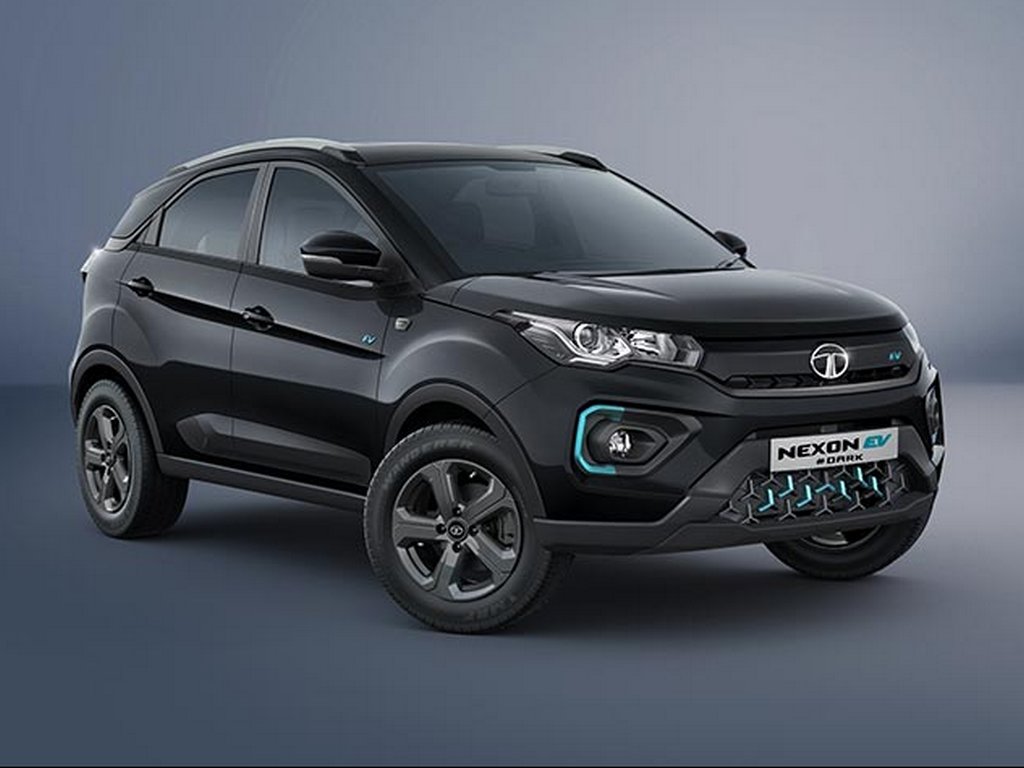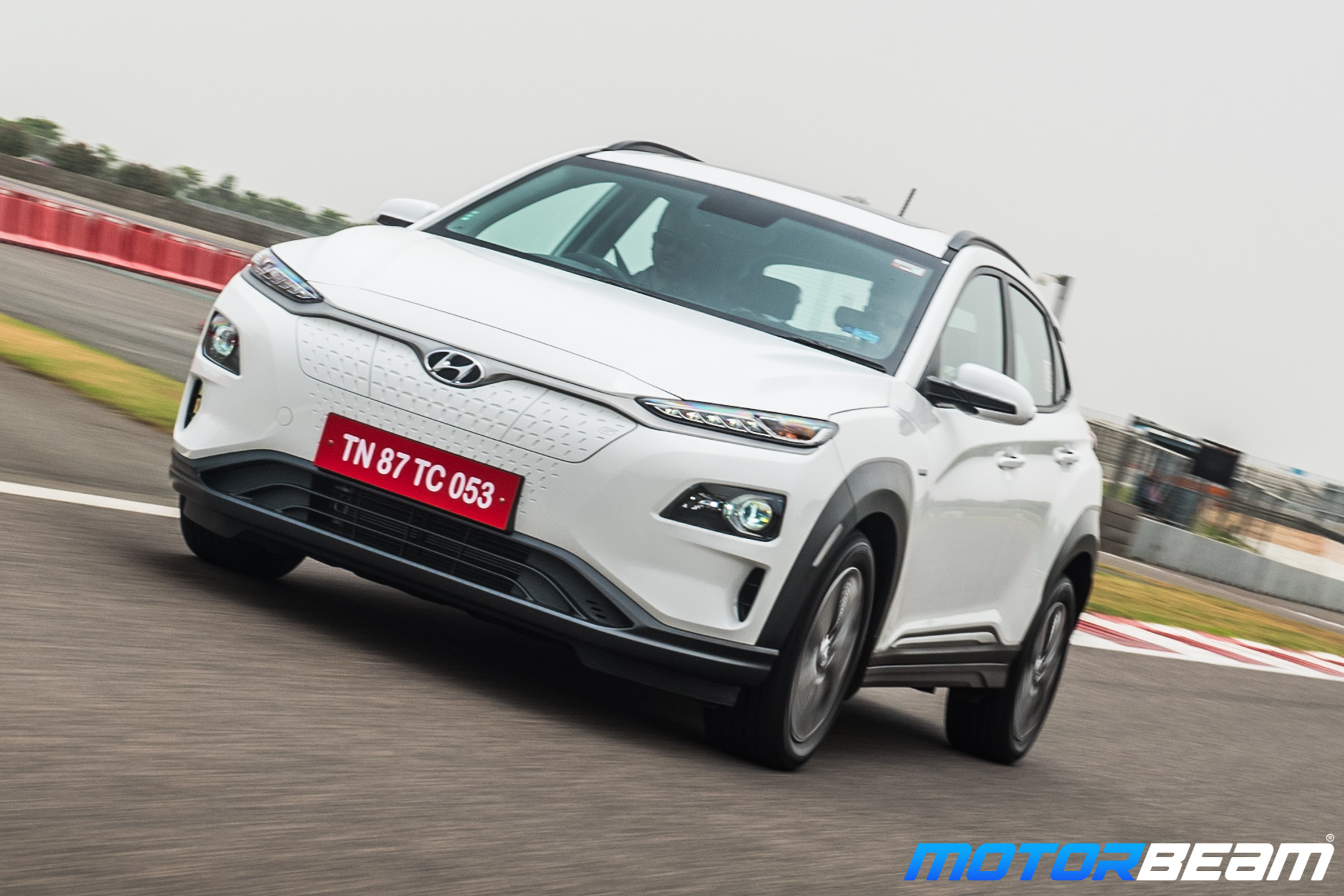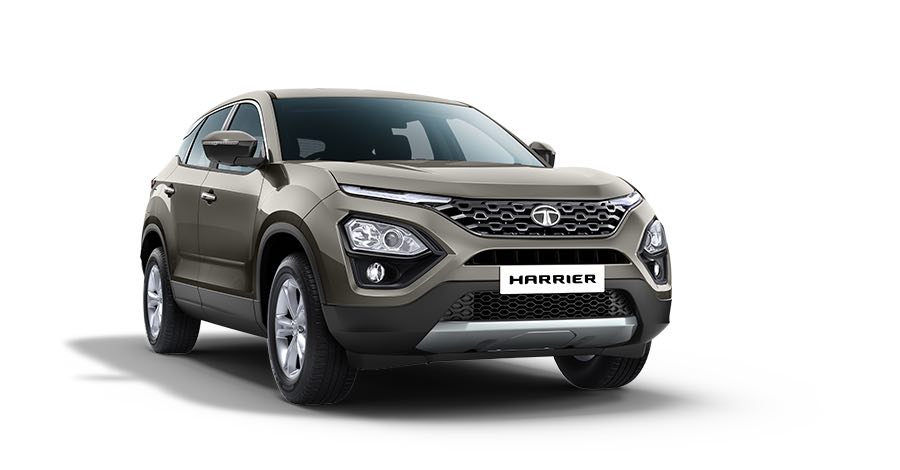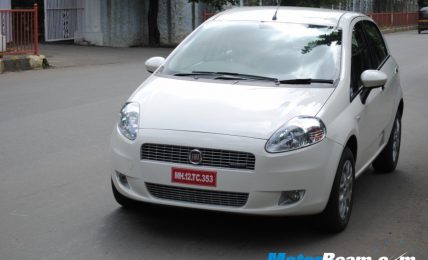
The PLI scheme does not take conventional, petrol, diesel and CNG vehicles into account
The Production-Linked Incentive (PLI) scheme for the auto and auto component industry has been cleared by the Centre in a bid to encourage the manufacture of electric and hydrogen fuel cell vehicles.
A sum of Rs. 25,929 crores from the total amount of Rs. 26,058 crores allocated for the PLI scheme has been earmarked for the auto industry.
Notably, this amount is less than half of the originally planned outlay of Rs. 57,042 crores. However, from the original plan, the Centre has removed internal combustion engine vehicles running on petrol, diesel or CNG.
The government plans to offer incentives of up to 18 percent under the PLI scheme which is made of 2 parts. The Champion OEM Incentive Scheme covers battery electric vehicles (BEVs) and hydrogen fuel cell vehicles.
The Component Champion Incentive Scheme is for 22 components including parts for EVs, supercapacitors, safety systems like automatic braking and collision warning, electronic power steering systems, automatic transmission assembly, among others.

The Centre, through the PLI scheme, will support both greenfield (new companies) and brownfield (existing companies) investments, but there are eligibility criteria that firms have to meet.
For example, automakers that invest Rs. 1000 crores for 2-wheelers and Rs. 2000 crores for 4-wheelers will be eligible. Similarly, auto component makers need to have a minimum revenue of Rs. 500 crores and Rs. 150 crores of fixed asset investment to be eligible for incentives provided under the scheme.
According to the Union Cabinet, the PLI scheme will be effective from FY23 for 5 years and the base year for eligibility criteria would be 2019-20.
It is expected that the scheme will bring in fresh investment of over Rs. 42,500 crores, incremental production of over Rs. 2.3 lakh crores while also creating 7.50 lakh new jobs.




